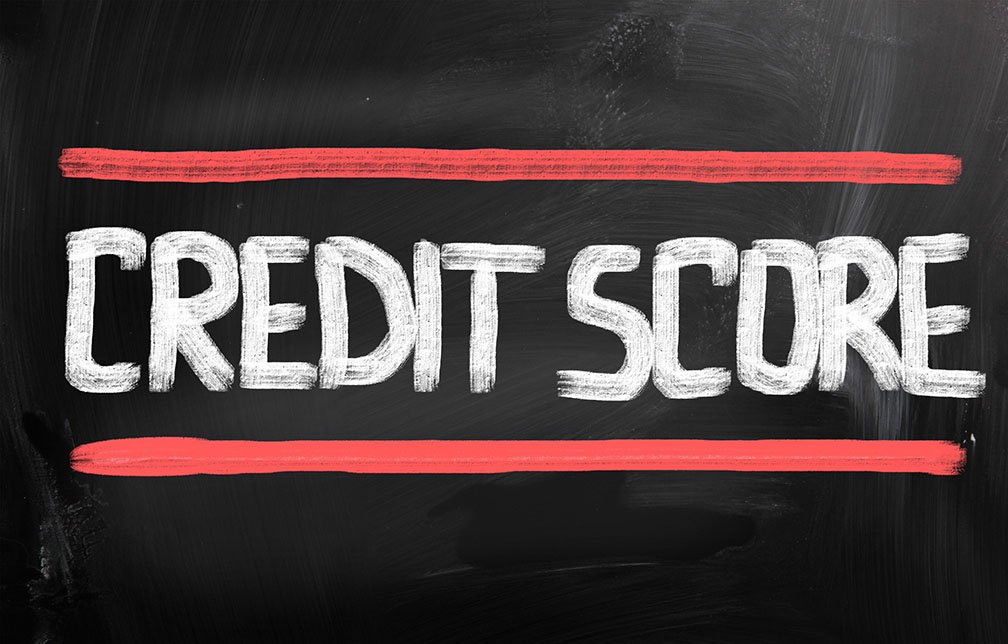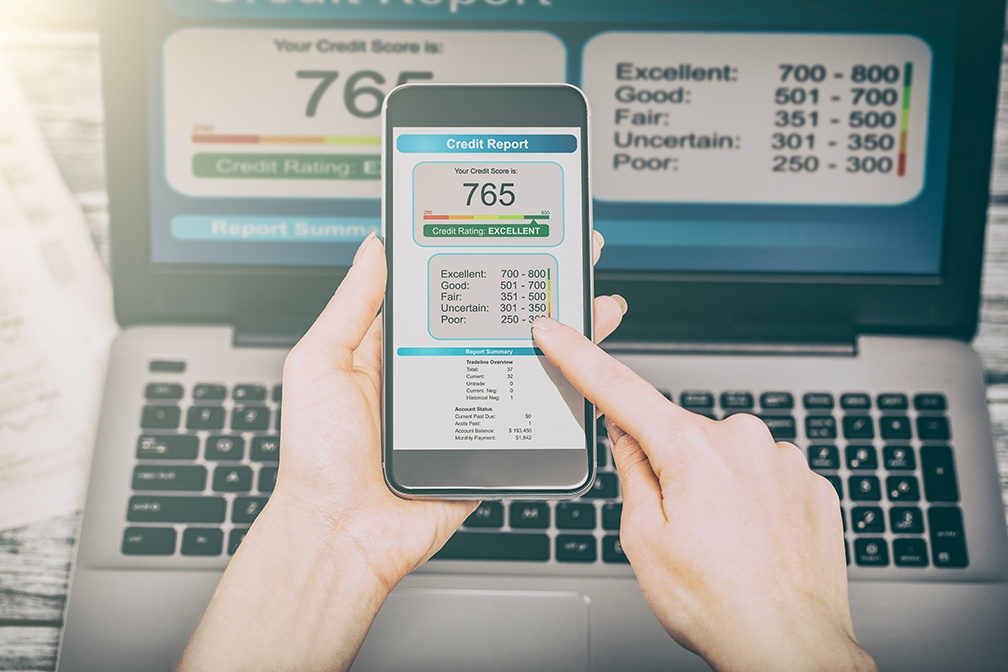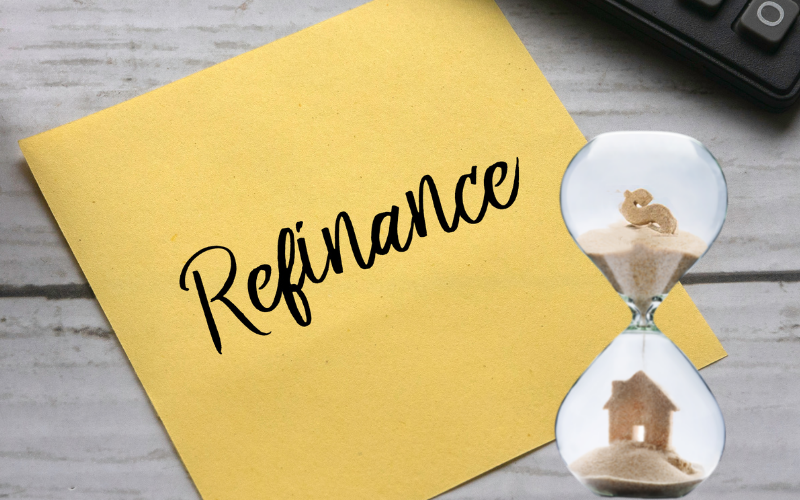 When you are applying for a home loan, you need to make sure that you meet the minimum credit score requirements. If you decide to go with a traditional loan, the credit limit can be high, making it hard to qualify for a home loan. In contrast, you might be able to qualify for a VA home loan with a much lower credit score. What do you need to know?
When you are applying for a home loan, you need to make sure that you meet the minimum credit score requirements. If you decide to go with a traditional loan, the credit limit can be high, making it hard to qualify for a home loan. In contrast, you might be able to qualify for a VA home loan with a much lower credit score. What do you need to know?
The VA Does Not Have A Minimum Credit Score Requirement
One of the major benefits of applying for a VA home loan is that you do not need to worry about meeting a minimum credit score requirement. There is no minimum credit score you need to qualify for a VA home loan, as there are lots of factors that the lender will consider when reviewing your application. Your credit score is only one factor. At the same time, you are encouraged to have a credit score between 580 and 660 to increase your chances of being approved for a home loan.
There Are Other Benefits Of Applying For A VA Home Loan
In addition to the lack of a credit score requirement, there are other benefits of applying for a VA home loan. For example, you do not have to worry about putting any money down. While you might be able to get a lower interest when if you decide to put money down, you are not required to do so. You also do not have to worry about paying PMI, even if you do not put 20 percent down. This is just another way that a VA home loan can help you save money.
A VA Home Loan Could Be The Right Option For You
With so many benefits of applying for a VA home loan, it makes sense to do so; however, you need to make sure that you meet the eligibility requirements. For this reason, you should work with a professional who can make sure you qualify for a VA home loan for your next purchase.

 Many people all over the world are dealing with issues involving debt or poor credit history, but most aren’t necessarily aware of what exactly makes up their credit score. Unfortunately, it might seem like it’s the big stuff that counts when it comes to credit, but little things can have a significant impact on your financial health. If you’re looking to improve your understanding and your finances, here’s what you need to know about small mistakes and your FICO score.
Many people all over the world are dealing with issues involving debt or poor credit history, but most aren’t necessarily aware of what exactly makes up their credit score. Unfortunately, it might seem like it’s the big stuff that counts when it comes to credit, but little things can have a significant impact on your financial health. If you’re looking to improve your understanding and your finances, here’s what you need to know about small mistakes and your FICO score. The vast majority of people have to take out a home loan to purchase a house. This means applying for a mortgage. Unfortunately, shopping for a mortgage can actually hurt your credit score. Any potential lender will probably have to do a hard pull on your credit. This could temporarily reduce your credit score by a few points. Those few points could make the difference between qualifying for a mortgage and getting denied one. Fortunately, there are ways for you to shop for a mortgage without hurting your credit.
The vast majority of people have to take out a home loan to purchase a house. This means applying for a mortgage. Unfortunately, shopping for a mortgage can actually hurt your credit score. Any potential lender will probably have to do a hard pull on your credit. This could temporarily reduce your credit score by a few points. Those few points could make the difference between qualifying for a mortgage and getting denied one. Fortunately, there are ways for you to shop for a mortgage without hurting your credit. With many people interested in taking out a home loan, it is critical for potential homeowners to think carefully about which loan structure is right for them. There are a lot of home loan options out there, and potential homeowners need to make sure they consider the benefits and drawbacks of all options. This means asking the right questions. What questions do you need to ask your mortgage lender?
With many people interested in taking out a home loan, it is critical for potential homeowners to think carefully about which loan structure is right for them. There are a lot of home loan options out there, and potential homeowners need to make sure they consider the benefits and drawbacks of all options. This means asking the right questions. What questions do you need to ask your mortgage lender? If you want to save money on your mortgage, refinancing your house could be a great move. As long as you have plenty of equity and a great credit score, you should be able to qualify for the refinance process. At the same time, you might be wondering, how long will it take you to refinance your house? There are several factors to keep in mind, so be sure to work with a professional who can walk you through the process.
If you want to save money on your mortgage, refinancing your house could be a great move. As long as you have plenty of equity and a great credit score, you should be able to qualify for the refinance process. At the same time, you might be wondering, how long will it take you to refinance your house? There are several factors to keep in mind, so be sure to work with a professional who can walk you through the process.